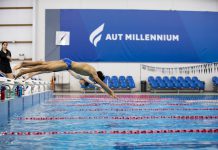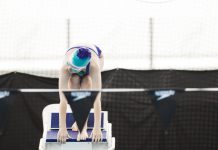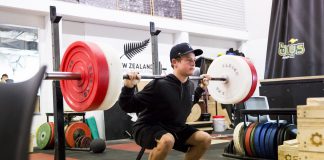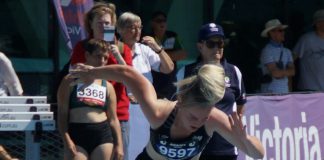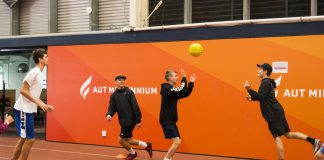There are some skills every young athlete can’t do without. Netballers, for instance, need to know how to catch. And pass. Rugby players on the other hand, must know how to tackle and so they’ve become entrenched in our sporting practices.
But other factors, like sleep, and nutrition, which are critical to an athlete’s recovery, and therefore performance, see much less attention.
A study just published in the Scandinavian Journal of Medicine and Science in Sport shows that too little sleep and an unhealthy diet can have detrimental effects on the youth athlete.
The study measured nutrition intake, sleep, and injury rates in a group of 340 elite high school athletes competing in a range of different sports. Then, they examined the results to see if these health variables were potential risk factors for injury.
Here’s what they found.
- Athletes who reached the recommended amount of sleep (i.e., more than 8 hours) on weekdays reduced their likelihood of sustaining a new injury by 61%.
- Athletes who reached the recommended intake of fruits, vegetables, and fish reduced the likelihood of sustaining a new injury by 64%
These are significant findings, right? Clearly highlighting the huge role nutrition and sleep play in preventing injury.
But here’s the scary thing.
Many of the youth athletes studied are getting it wrong. Here are the numbers.
- 20% of the athletes didn’t meet the recommended level of fruits
- Proper vegetable intake wasn’t met by 39% of the athletes.
- 43% of athletes failed to meet the recommended level of fish intake
- The recommended amount of sleep was not obtained by 19% of athletes.
 Poor Nutrition and Irregular Sleep Patterns Impair Recovery
Poor Nutrition and Irregular Sleep Patterns Impair Recovery
To get stronger, or fitter, your body must go through some physical stress. During this time, energy is depleted, fluids are loss, and muscle is broken down – it’s called catabolism. And it’s a vital part of the training process.
But if you want your body to adapt to training and get better, proper recovery is essential.
During sleep, your body re-builds muscle, bigger and stronger than it was before. And it’s the time you spend asleep that you refresh mentally, helping you learn new skills when you’re awake, and concentrate intently during games or competition.
Likewise, it’s the precious proteins and fats in fish that fuel muscle regeneration, and have positive effects on your nervous and cardiovascular systems. And it’s the essential nutrients in fruits and vegetables that help you starve off illness, repair cellular damage, and shore up bone growth in your young, developing body.
In short, poor nutrition and sleep deprivation disrupts your recovery, increases the likelihood of fatigue, and ultimately, increases your chances of injury. Therefore, learning about proper sleep and nutrition is a crucial part of your sporting experience.
To learn something new that makes a meaningful change in your behaviour, and thus performance, takes much effort. It needs to be prioritised, planned for, worked on and monitored, then adapted over time.
Now is the time.













